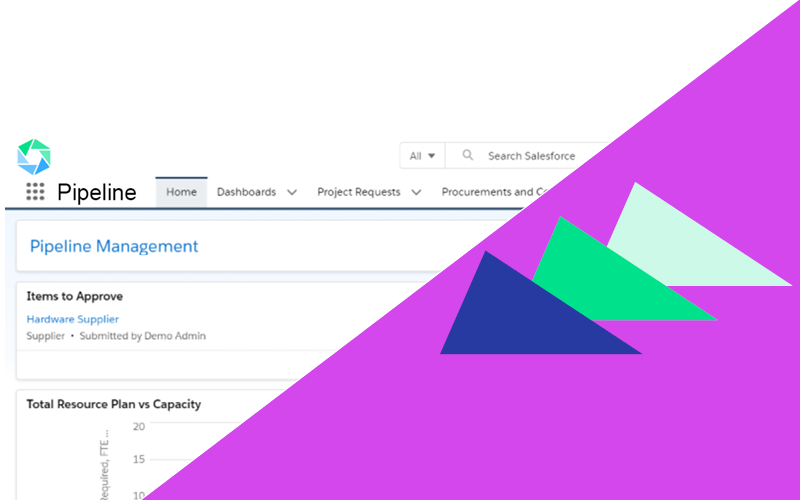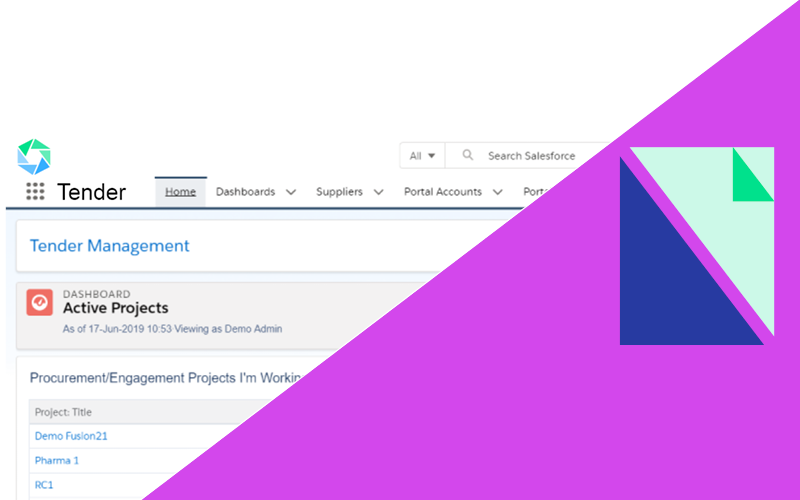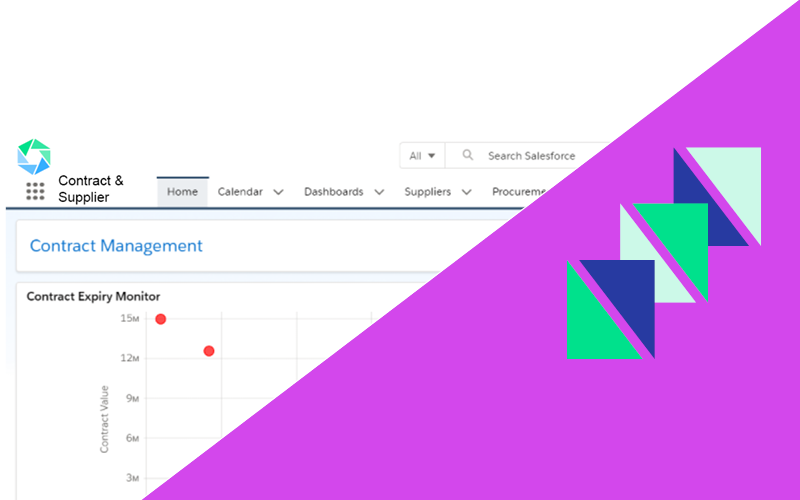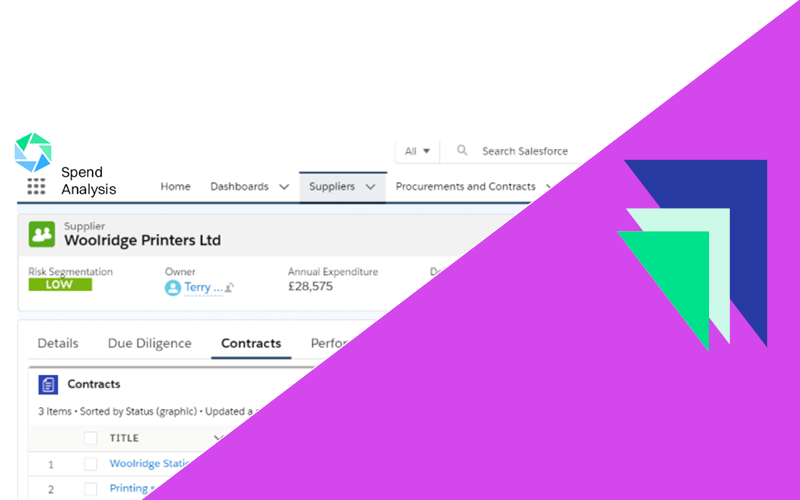Atamis is delighted to confirm that all NHS organisations are now able to draw on central funding in order to benefit from using the system it has implemented through its contract with DHSC. The end to end eCommercial system, first implemented by Atamis in the spring of 2020, is designed to help procurement teams improve commercial efficiency, gain greater visibility over spend and reduce risk. This article was published by Supply Management Insider on 18th July 2022.
The Atamis eCommercial platform is already being used by 80 health and NHS organisations, providing a single source of information for all contracts and suppliers. It has now been made available to other NHS organisations with funding from Crown Commercial Service (CCS), working in partnership with Department for Health and Social Care (DHSC).
The platform was initially rolled out to 11 health organisations in June 2020, including the DHSC, NHS England, NHS Digital, the Care Quality Commission, Public Health England, Health Education England, Medicines and Healthcare products Regulatory Agency and NHS Blood and Transplant and has been assisting them with pipeline management, tendering, supplier management and contract management, while offering a single point of integration into Cabinet Office systems.
“We knew that having a single system would reduce the cost of ownership because there would be one central contract rather than several local ones and we would only need to update Atamis, as procurement regulations changed,” recalls Steve Balding, commercial systems and data strategy programme director at DHSC. “It would make it much easier to collaborate on procurement projects because all of our buyers would be using the same system.”
The system created greater visibility over contracts and suppliers, offering health organisations the potential to leverage collective buying power. It also meant organisations can more easily assess supplier credentials. This capability is being used to help assess supply chain risk and will be extended to help embed sustainability requirements.
From a supplier perspective, it meant that they would only have to access and use one system for multiple customers, rather than having to use many different tendering portals. This would reduce administration and make it easier for small businesses to bid for contracts.
The platform also played an important role in helping DHSC respond to the Covid-19 pandemic, providing a ready-made and easy to adopt eCommercial platform for PPE and then, later, NHS Test and Trace.
“Putting the contracts into a purpose-built and highly scalable system worked well,” says Balding. “We quickly achieved the single version of the truth for all our commercial activity. The single strategic system approach has provided other benefits such as the ability to easily reassign data when organisational change such as the formation of the UK Health Health Security Agency are required.
As the system started to prove itself, word spread throughout the NHS procurement community and more organisations came onboard.
Balding says there were challenges with the project, including convincing users that it was the right time to change existing systems, but over time buyers have seen the benefits for themselves. We have a lot of advocacy from users who like the system and from data experts that can see the benefit of data aggregation that can drive business intelligence insights.
Support from CCS has enabled us to provide fully funded Atamis access to NHS organisations, making it much easier for them to benefit from adoption. Organisations that are already using the system, will also benefit from the new funding, he adds.
Atamis managing director Nick James says the biggest challenge from its perspective was the arrival of the pandemic in March 2020, after the implementation starting in January that year.
“It meant there were some very key workers who were on our project who had to go off to do more critical things,” he says, “but we still managed to go live slightly early, so that there could be some due diligence done on some of the supplies required for the PPE response.”
Partly as a result of the project, the Atamis support team has doubled in size since February 2021 and will expand by a further 30 per cent by the end of 2022, he adds, to help ensure the support is there for other NHS or wider public sector organisations coming onboard.
“We are very much focused on central government as a target market at the moment,” adds James. “That’s where we feel comfortable and is the area we’re looking to penetrate further in the longer term. But there are other opportunities too within both the public and private sectors, both within the UK and overseas.”
A major current focus, he adds, is to incorporate the requirements of the Procurement Bill to improve procurement regulations, which is currently working its way through the House of Lords, into the product, to ensure it continues to meet the demands of public sector clients.
 Our Pipeline App empowers your team to plan ahead and forecast for upcoming procurement activities.
Our Pipeline App empowers your team to plan ahead and forecast for upcoming procurement activities.  The Tender App allows your team to visualise all sourcing activities within your Atamis platform, from issuing tenders to receiving bids.
The Tender App allows your team to visualise all sourcing activities within your Atamis platform, from issuing tenders to receiving bids. Our Contract & Supplier App puts your team in firm control of your key supplier relationships and provides a central repository for all contracts.
Our Contract & Supplier App puts your team in firm control of your key supplier relationships and provides a central repository for all contracts.  Our Enhancers ensure your solution is tailored to your needs. Pick and choose additional functionality that fits your requirements.
Our Enhancers ensure your solution is tailored to your needs. Pick and choose additional functionality that fits your requirements. 